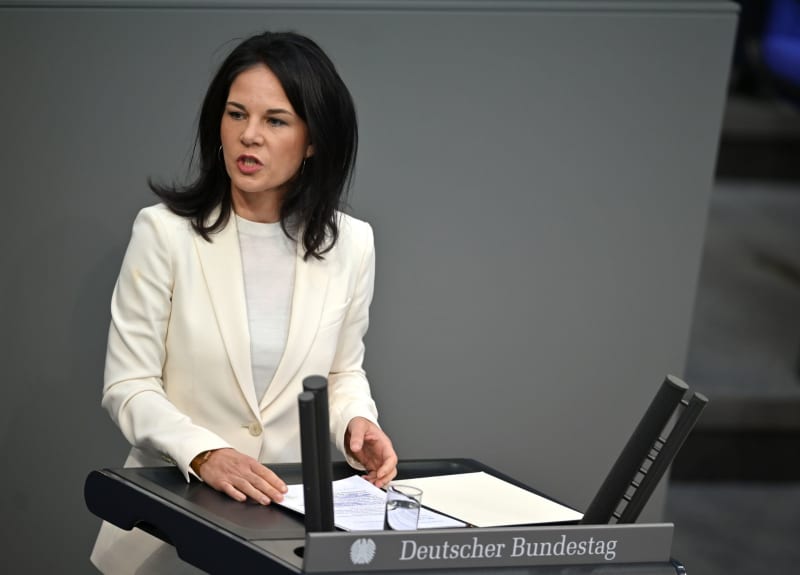In a significant development in the ongoing conflict between Israel and Hamas, the Israeli government has declared the death of Yehya al-Sinwar, the leader of the Palestinian Islamist movement in the Gaza Strip. This announcement was met with a strong response from international figures, including German Foreign Minister Annalena Baerbock, who urged Hamas to release all hostages and cease its militant activities. Baerbock emphasized the urgent need for an end to the suffering of the people in Gaza, reflecting a humanitarian outlook amidst the political turmoil. She condemned al-Sinwar as a “brutal murderer and terrorist” responsible for orchestrating attacks that led to considerable loss of life and suffering.
Al-Sinwar’s leadership role in Hamas positioned him as a pivotal figure in the recent escalation of violence, particularly the devastating events of October 7, which left thousands dead and inflicted severe damage on the region. His death has been interpreted as a critical blow to Hamas’s operational capabilities, particularly in the aftermath of a series of aggressive confrontations with Israeli forces. Israel’s Foreign Minister, Israel Katz, characterized al-Sinwar as an “arch-terrorist,” highlighting the Israeli government’s view of his actions as a direct threat to national security and regional stability.
The Israeli Defense Forces (IDF) confirmed al-Sinwar’s death during a military operation in the southern Gaza Strip, stating that it was part of a broader strategy to dismantle the leadership and infrastructure of Hamas. The operation appeared to be the culmination of ongoing efforts to hold Hamas accountable for its attacks against Israeli civilians. Israeli officials believe that by targeting key figures within Hamas, they can not only retaliate for past acts of violence but also deter future aggression, aiming to restore a semblance of security for Israel’s populace.
Despite the seriousness of these developments, Hamas has felt the necessity to maintain a degree of ambiguity regarding al-Sinwar’s death, opting not to comment initially on the Israeli government’s announcement. This silence could reflect internal strategic calculations as Hamas contemplates its next steps in a deeply complex and often volatile landscape. The organization has historically relied on strong leadership to galvanize support among its constituents and navigate the myriad challenges posed by both internal dissent and external pressures.
The international reaction to these events underscores the multifaceted nature of the Israeli-Palestinian conflict. While Baerbock’s call for the release of hostages and a request for an end to violence resonates with humanitarian advocacy, it also points to the broader implications of al-Sinwar’s death on peace processes in the region. The calls for a ceasefire and negotiation stand in stark contrast to the cycle of violence that has characterized Israeli-Hamas relations, leaving uncertain paths toward resolution.
In summary, the death of Yehya al-Sinwar marks a pivotal moment in the Israel-Hamas conflict, with profound implications for regional dynamics and humanitarian conditions in Gaza. As both sides grapple with the shifting landscape, the calls for de-escalation and dialogue become increasingly relevant. However, the legacy of violence and the entrenched positions of both parties pose significant challenges to achieving lasting peace and stability in the region. The international community continues to watch closely, advocating for solutions that address both immediate security concerns and long-term humanitarian needs.

